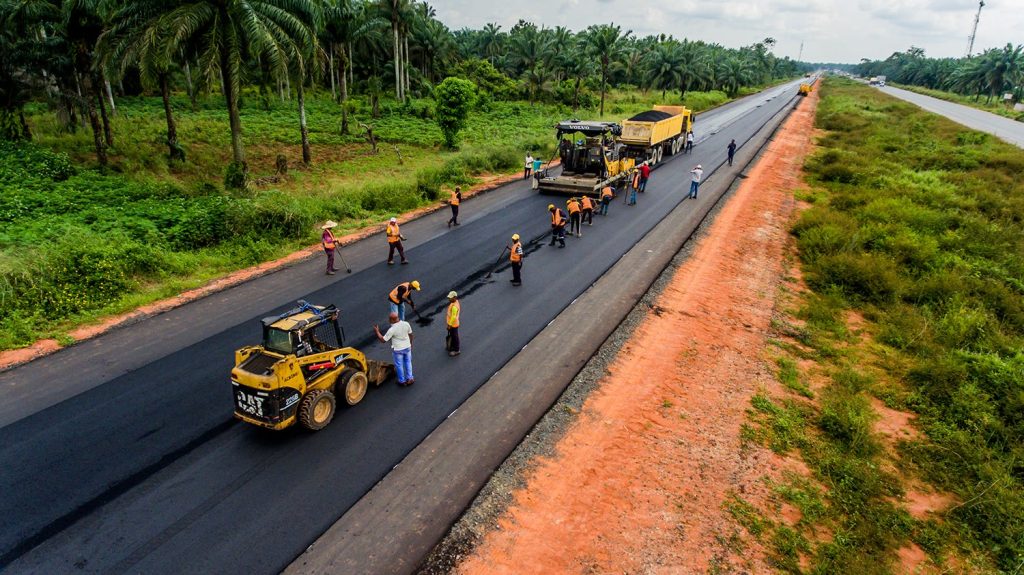According to Nigeria’s Works Minister David Umahi, to ensure adequate upkeep, the Abuja-Kaduna-Kano highway and other important highways throughout the nation will only be tolled once they are fully finished.
The minister, during a road inspection tour on Saturday, emphasised that tolling would not start until the roads were finished.
In addition, he said that after construction was finished, nine roadways along important economic routes and other major highways throughout the six geopolitical zones would be tolled.
Given that some parts of the route were already starting to deteriorate, Umahi continued, that the private sector would be involved in road maintenance. As promised, he guaranteed that the Abuja-Kaduna-Kano motorway would be finished in 14 months, starting on February 1.
“We will not toll any road that is not fully completed,” the minister said, hinting that important routes inside the six geopolitical zones and economic corridors would also be tolled.
“According to our agreement with the Nigeria Labour Congress, a road must be fully finished before it can be tolled. However, since poor maintenance is one of the biggest issues facing our roads, we will work with stakeholders to establish an agreement in cases where a road was finished ten years ago but is currently deteriorating.

“How are 35,000 kilometres of roads maintained? The private sector must be involved in upkeep. For example, if we have finished 150 kilometres of a 200-kilometre road, we can hold public talks because the road may rapidly deteriorate if we neglect that 150-kilometre section. Even human bodies need upkeep, let alone heavily travelled roadways. However, we are not currently tolling any roads that are not finished.”
The former governor of Ebonyi clarified that the inspection’s main goal was to gauge the degree of mobilisation rather than the amount of work completed.
He also mentioned that the Kaduna-bound road would be the main focus of Zone 1 of the project, which is being managed by Infiouest International Limited. Earthworks would be finished by the end of February, and concrete pavement construction would start on March 1 if approved by the Federal Executive Council.
“On Monday of this week, the Federal Executive Council kindly granted Infiouest Nigeria Limited the contract to construct these two portions, and construction has already commenced. Therefore, the purpose of our visit today is to discuss the level of mobilisation rather than necessarily evaluating the quantity of work completed.
“To improve the road’s durability, we have determined that several changes must be made. The contractor will provide a remedy for the depressions we have observed outside the field shoulders.”
As part of the tolling preparations, he continued, “You are also aware that several additional features have been incorporated into the entire 375-kilometre stretch from CH0 to Kano, including solar streetlights, CCTV cameras, and relief stations.”
The Works Minister said that steps had been taken to discourage illicit mining and stop erosion while examining the Lambata Bridge on the Abuja-Minna road.
“We are certain that the steps we have taken to safeguard the pile caps from unauthorised sand mining and erosion will be successful.”
The Permanent Secretary, Bello Goronyo, the Minister of State for Works, and several ministry directors were on the tour.


